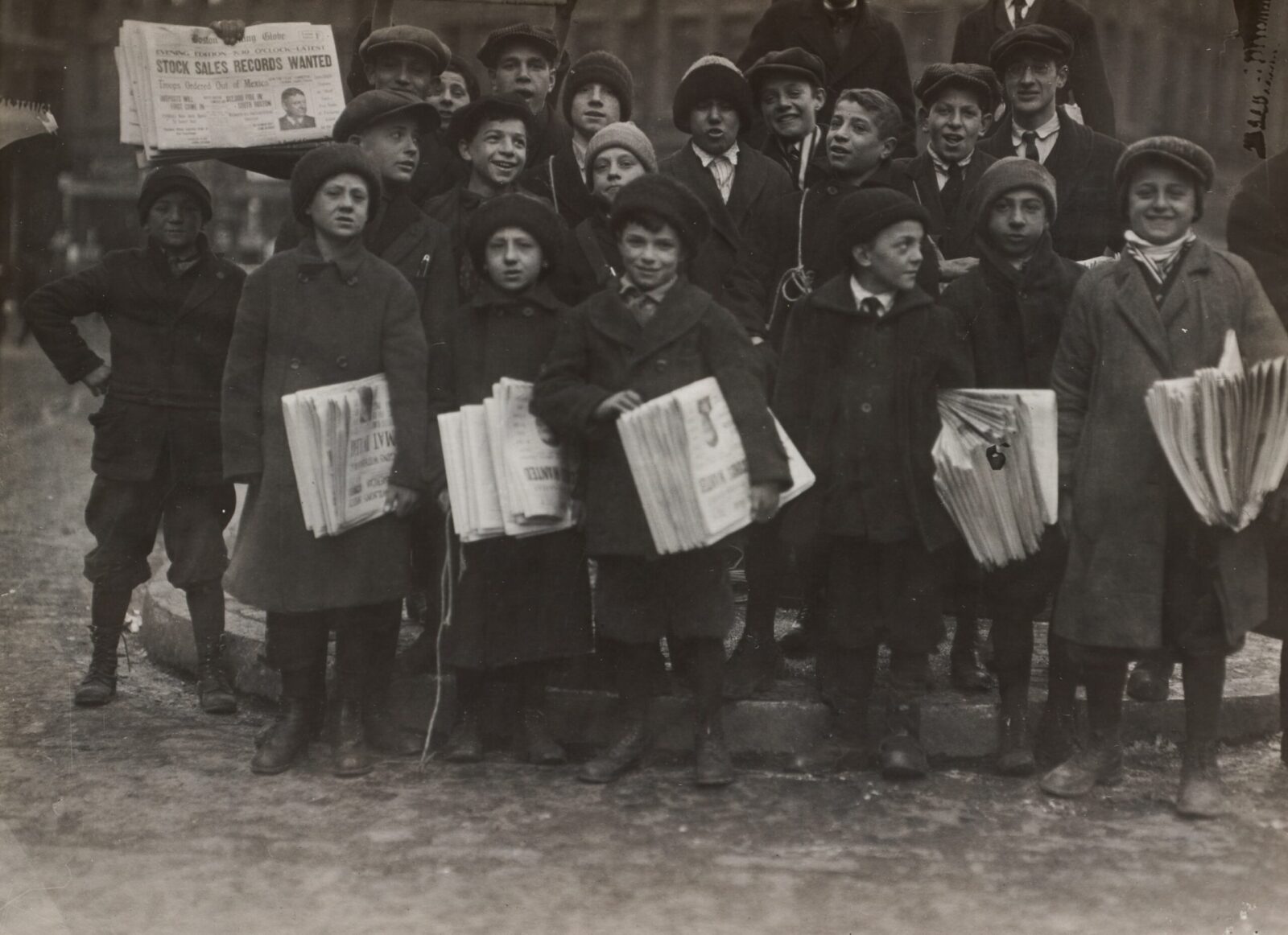Walking Up the Mountain: How Our Values are Being Forged in
the Pandemic
One day, in retrospect, the years of struggle
will strike you as the most beautiful.
— Freud
Last Sunday, I hiked up a nearby mountain with a few friends. “It’s also possible to drive up here,” a friend shared about forty-five minutes into our trek, noting we were breathing hard.
His comment caused me to remember times in my life when I had driven to a panoramic view. Somehow the view never possessed the ineffable beauty I experienced when I had trudged all the way up to see it.
As we continued walking and my friends talked about just about the only thing anyone talks about these days—the pandemic—the parallel hit me.
This has been the largest public health crisis of our lifetimes (unless you are over 102). We’ve never been tested like this before. Lockdowns and quarantines; awkward, tense, circumspect attempts at social get togethers; Zoom gloom; untold tragedy as people we care about become sick and some die—it has been no cake walk. It should be no surprise that loneliness, depression, and anxiety have all skyrocketed from pre-pandemic levels.
To derive some meaning from the daunting life challenges we’ve been collectively confronting, let’s turn the clock back to World War I. Those born before or during this war are known as “The Greatest Generation.” Let’s consider what they endured: from 1914 to 1918, World War I (22 million dead); the Spanish Flu of 1918 (over 50 million dead); the Hoovervilles and immense unemployment of the Great Depression in the 1930s, only to be followed from 1939 to 1945 by the unspeakable Nazi atrocities and the US deployment of nuclear bombs in World War II (over 60 million dead).
After all this immeasurable tragedy, what did the Greatest Generation come to experience in their senior years? For many, their children dying during the Vietnam War—or, as it is called in Vietnam, “the American War”—which raged from 1964 to 1975.
Why are they called the Greatest Generation? Because they are characterized by integrity, humility and personal responsibility. Outshining all subsequent generations, they value the collective good and have proven themselves willing to endure great personal sacrifices—buoyed, in the US at least, by FDR’s Fireside Chats—to win World War II and save the world from the Nazis, who, perpetuating the eugenics movement begun in the US, aimed to steward its specious claims toward a “final solution.”
How did members of the Greatest Generation stumble on these values? They didn’t. They earned them—through using the lessons they learned from hardship to refine what they considered important. As a consequence, they placed a renewed emphasis on family, community and helping others.
In successive generations, as Harvard professor Robert Putnam documents in his book Bowling Alone, these values have fallen to the wayside. During the 2020 pandemic, valuing our fellow citizens has been superseded, by many, with complaints about mask wearing and the infringement of their individual rights.
Our values have plummeted as concern for others has been replaced by social-media-abetted polarization and capitalism writ so large that the CEO no longer earns eighty times—as he or she did in the 1980s—but now over six hundred times what the janitor takes home to her or his children. (In 2018, the top 0.1 percent earned 196 times per year what the bottom 90 percent earned.)
The question most of us ask is when will the pandemic be over? While certainly important, perhaps an even more important question—and more within our sphere of influence—is how will we will emerge from the pandemic?
Will we be the same people we were before we locked down earlier this year? This outcome would be like driving up the mountain, learning little from the passage of time, and coasting along in what I call a “diffuse contentment” in which nothing changes.
Alternatively, will we take stock of our long trek up this challenging mountain and learn the lessons it has evoked in our lives—to be better people, to treat each other with kindness, to care for our environment while we can still do something about it for our children?
Social psychological research has found that challenging life events—the walk up the mountain—are more vivid in our minds, easier to recall and more likely to elicit directed action to produce change than when the good times are rolling. Perhaps from this psychological phenomenon hails the Spanish proverb “No hay mal que por bien no venga” (There isn’t bad from which good doesn’t come).
Certainly we now have the time to ask ourselves such questions. For better or worse—and, at an existential level, this is the question: will we become better or worse from our experience of this challenging period of our lives—the pandemic has slowed most of us down and given us an opportunity to think about what we most value.
The most important question from the pandemic, then, is not when will this course life has taken “return to normal,” but when we emerge from this protracted life inflection, who will we have become? Will we return to who we once were, or will we course correct from where we were previously headed to create a new normal?
If we wish to also become a great generation, we have no alternative but to rise to this challenge.
How have your values shifted, if at all, during the pandemic? What has this transformation taught you about yourself and what you most care about? Tell us about it in the comments.




